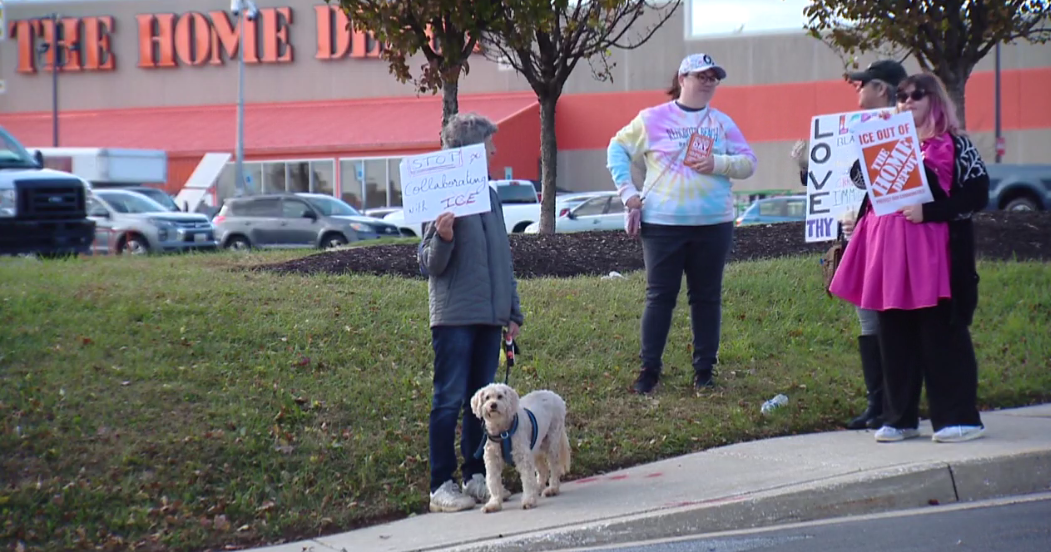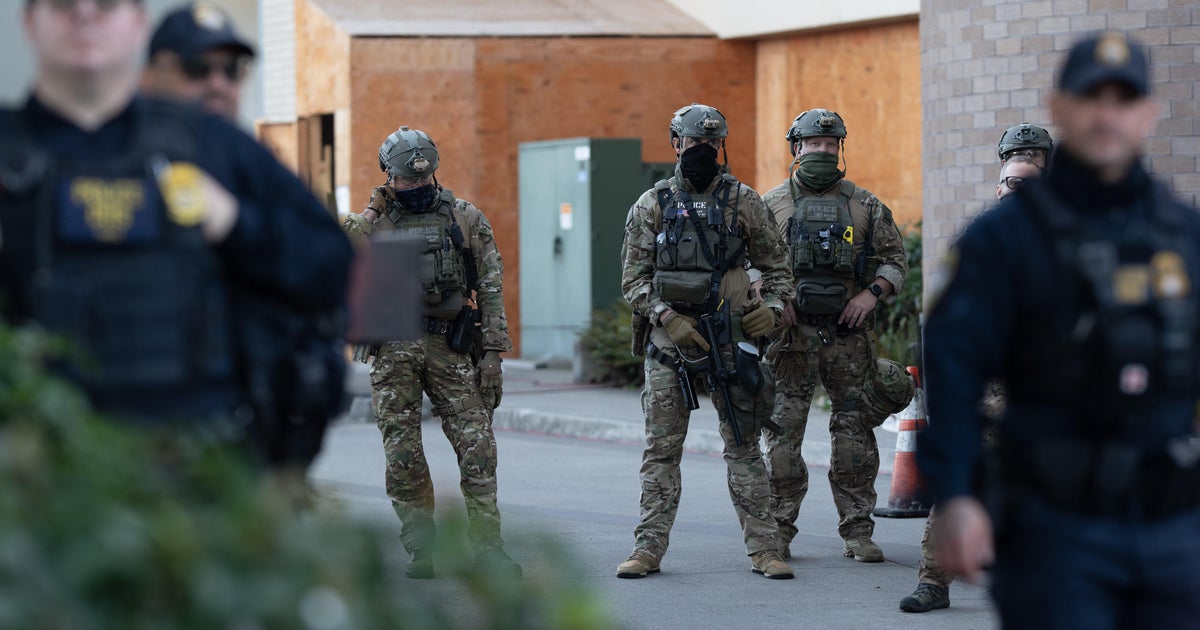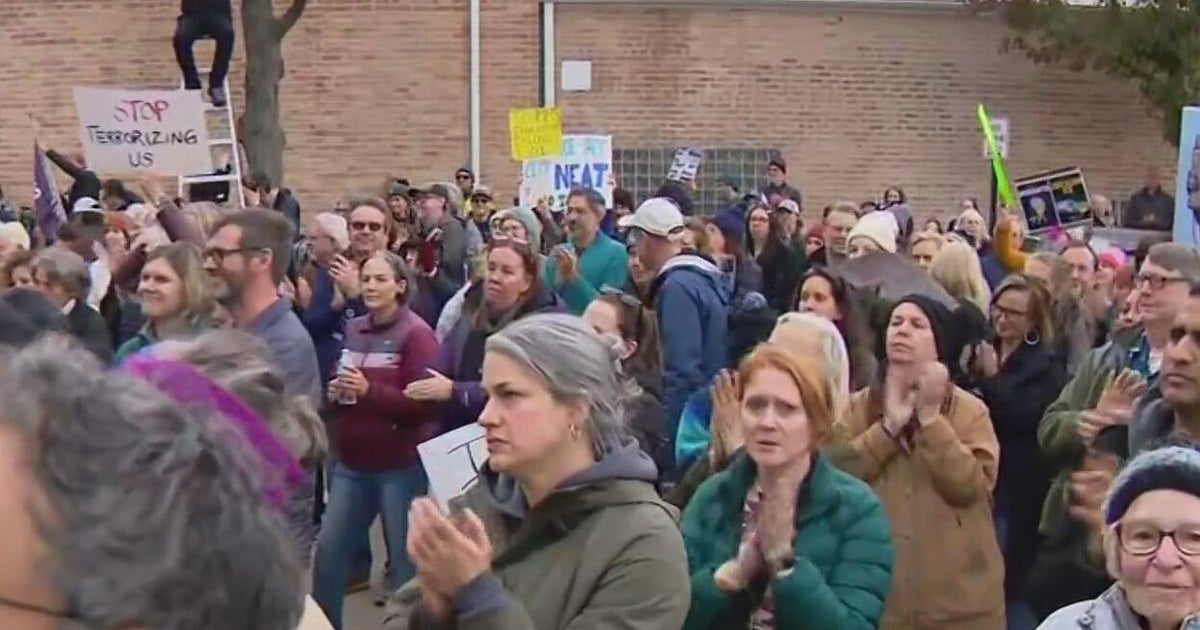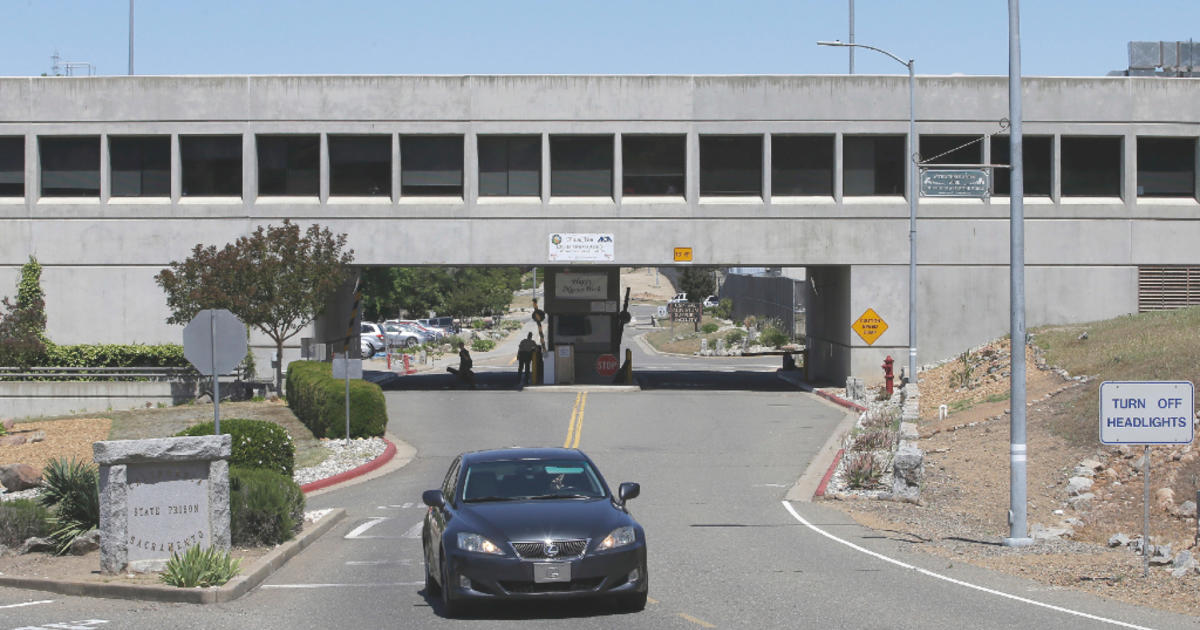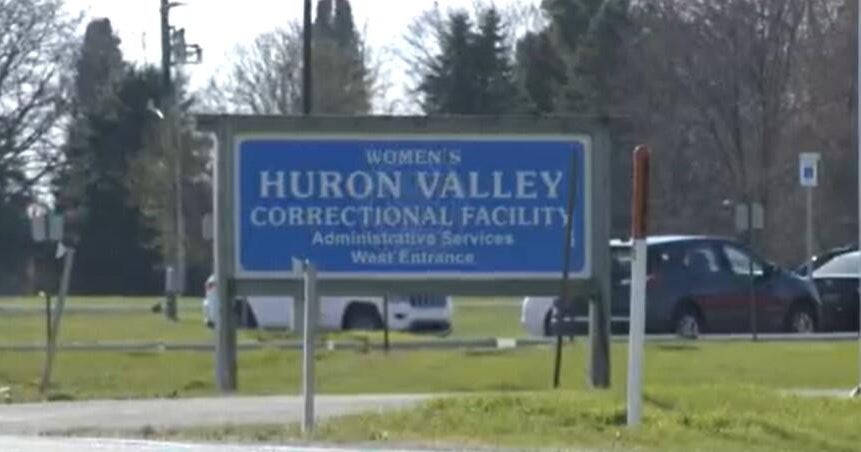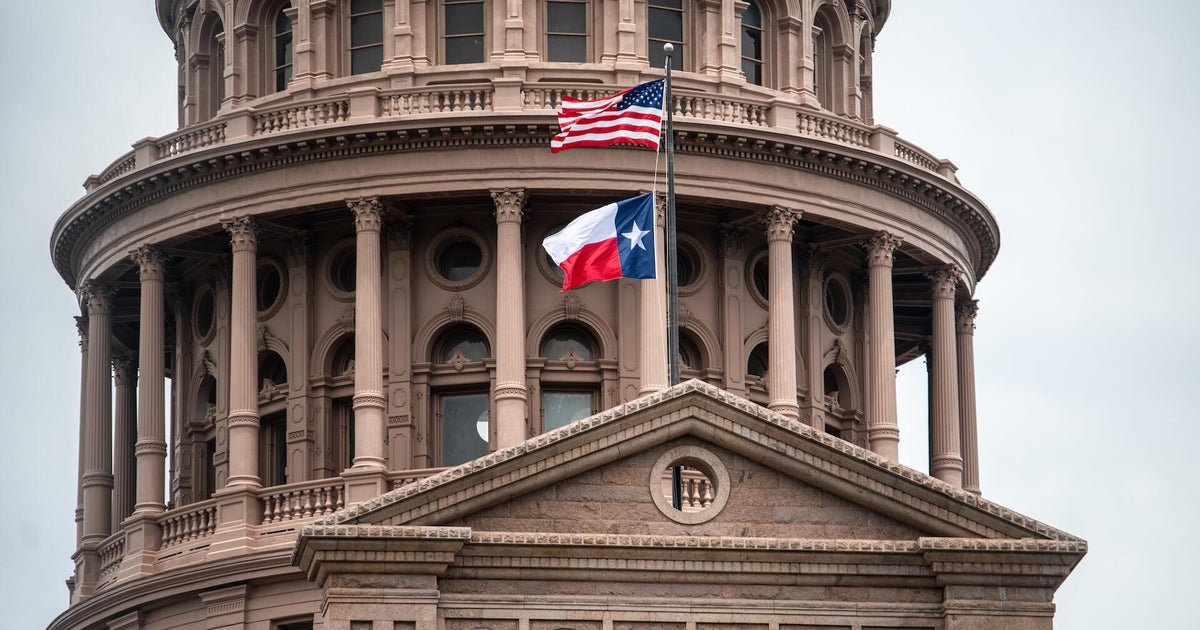ACLU, justice advocates allege "inhumane" conditions at Broadview ICE facility in new lawsuit
A group of immigrant rights lawyers and advocates have filed a lawsuit against the Trump administration over allegedly "inhumane" conditions at the U.S. Immigration and Customs Enforcement processing center in Broadview, Illinois.
In the lawsuit, attorneys with the ACLU of Illinois and the MacArthur Justice Center claimed ICE agents have denied people being held at the Broadview facility private calls with attorneys and have blocked members of Congress, faith leaders, and journalists from entering the building, creating a "black box" they say has allowed authorities to act "with impunity."
Attorneys representing detainees claim the facility – designed to hold people for no more than 12 hours - is overcrowded, that people inside "cannot shower, they are denied soap, hygiene items, and menstrual products," and that detainees "lack access to adequate medical care."
The complaint claims, when using the bathroom, "privacy is non-existent" for detainees.
It also claims "federal officers who patrol Broadview under defendants' authority are abusive and cruel" and that the people inside the facility cannot reach their attorneys for representation; that federal authorities have "cut off detainees from the outside world."
"We have talked to scores of people, and they all described the same conditions; the lack of food, the lack of water, the dirt, the human fluids all over the facility," said Alexa Van Brunt, director of the MacArthur Justice Center's Illinois office and lead attorney for the lawsuit.
Agents have also allegedly coerced people held at the processing center to sign paperwork they don't understand, leading them to unknowingly relinquish their rights and face deportation, according to the lawsuit.
Van Brunt said community members are "being kidnapped off the streets, packed in hold cells, denied food, medical care, and basic necessities, and forced to sign away their legal rights."
"Everyone, no matter their legal status, has the right to access counsel and to not be subject to horrific and inhumane conditions," she said.
Attorneys accuse ICE, DHS and U.S. Customs and Border Protection of violating detainees' Fifth Amendment right to due process and First Amendment right to legal counsel, and have asked the court to force the agencies to improve the facility's conditions.
Department of Homeland Security Assistant Secretary Tricia McLaughlin denied that detainees are mistreated.
"Any claims there are subprime conditions at the Broadview ICE facility are false. All detainees are provided with 3 meals a day, water, and have access to phones to communicate with their family members and lawyers. No one is denied access to proper medical care. There is a privacy wall around the toilet for detainees," she said in a statement. "Further, Broadview is a processing center, not a detention center. Detainees are briefly processed before being transferred to detention facilities."
There are two named plaintiffs in the lawsuit, which seeks class-action status on behalf of anyone detained in Broadview, and at a hearing on Friday, a judge ordered those two people be brought back to the Chicago area after they were moved to detention centers outside Illinois.
Advocates have for months raised concerns about conditions at the facility in Broadview, which has drawn scrutiny from members of Congress, political candidates and activist groups. Lawmakers who have requested to enter the facility to inspect conditions inside have been denied access.
Lawyers and relatives of people held at the facility have called it a de facto detention center, where up to 200 people have been held at a time without access to legal counsel.
The Broadview center has also drawn demonstrations, which have led to the arrests of numerous protesters. The protests are at the center of a separate lawsuit from a coalition of news outlets and protesters who claim federal agents violated their First Amendment rights by repeatedly using tear gas and other weapons on them.
U.S. District Judge Sara Ellis sided with the coalition earlier this month, requiring federal agents in the Chicago area to wear badges and banning them from using certain riot control techniques against peaceful protesters and journalists. Later, Ellis also required body cameras for agents who have them after raising concerns about her initial order not being followed.


